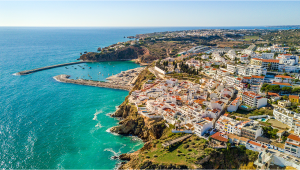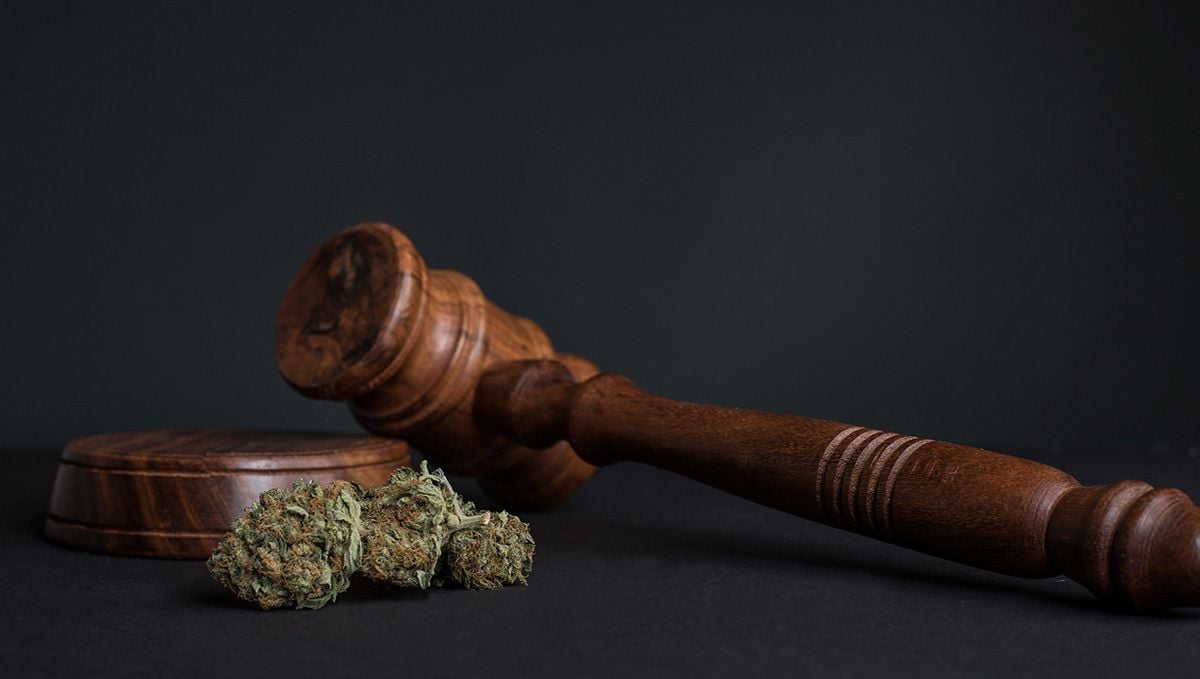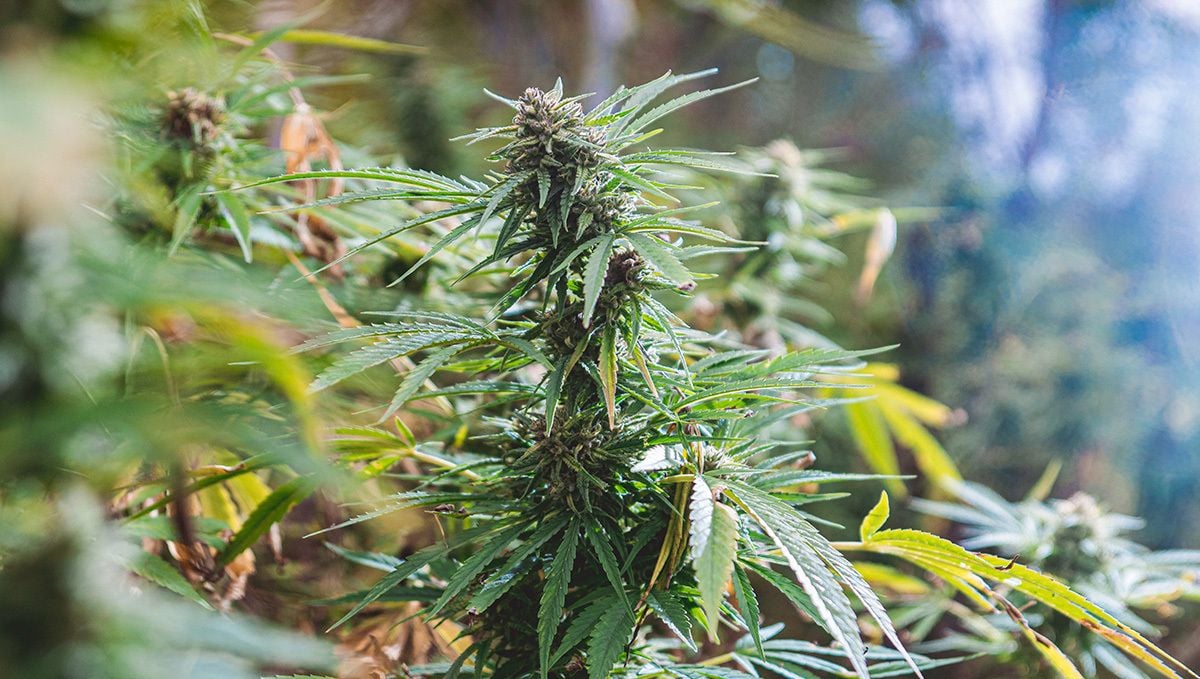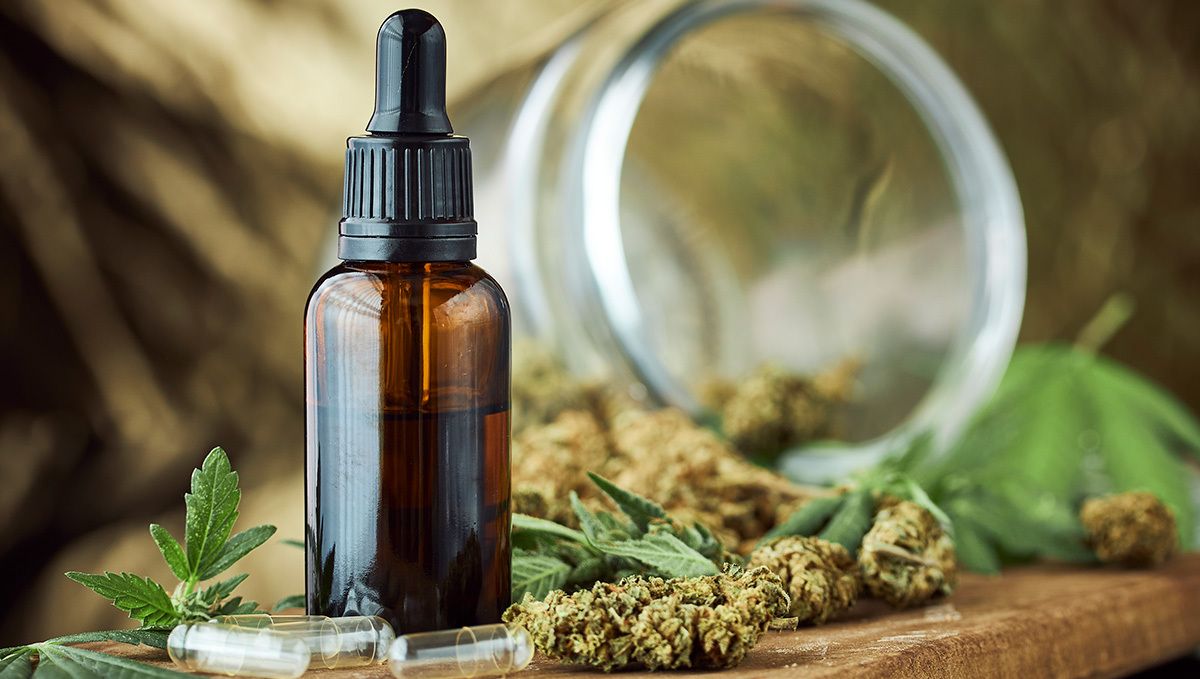Weed in Portugal: Cannabis Legal Status Guide

- 1. Cannabis laws in portugal
- 1. a. Possession
- 1. b. Sale
- 1. c. Growing
- 2. Is cbd legal in portugal?
- 3. Is it legal to send cannabis seeds to portugal?
- 4. Medicinal cannabis in portugal
- 5. Industrial hemp in portugal
- 6. Politics and history
- 7. Good to know
Portugal has a great reputation regarding cannabis globally. Unfortunately, there is some confusion on the legality and consumption of cannabis. With this in mind, we’ll be reviewing what are the limitations of cannabis in Portugal and whether or not you can consume it or grow it.
1. Cannabis laws in Portugal
In 2001, the legislators of Portugal made the decision to decriminalize the use of all drugs in an extremely progressive move. This extraordinary decision proved to be beneficial all around considering that drug consumption lowered country-wise.

In 2018, medical marijuana was legalized in Portugal and it’s possible to consume only if you have a prescription from a doctor. Unfortunately for recreational users, it’s still illegal to grow, consume, possess or sell cannabis. This means that there won’t be any criminal charges unless you have on you more than 25 gr.
Possession
Since consumers won’t be criminally charged for possessing small quantities of cannabis for personal consumption, they’re limited to no more than 10 days. However, if you are caught with less than 25 grams of cannabis or 5 grams of hash you won’t be charged.
But you’ll face an evaluation if you’re found in possession of cannabis. In fact, you’ll be referred to the local Commission for Dissuasion of Drug Addiction to evaluate if you are addicted or if there’s any potential for you to get hooked on. Although the law is not extremely clear, the general limits are 2.5 gr for buds and leaves, 0.5 gr for resin and 0.25g of oil.
Marijuana consumers can have to dFeal with fines between 25 and 100 € if they’re found to be in possession of weed so be careful out there.
Sale
Different types of reasons for selling cannabis warrants a longer or a shorter sentence. Still, you can still spend up to twelve years in prison for the gravest offences of selling cannabis.

Growing
There were several attempts to legalize weed cultivation in 2001 and 2018, however they sadly failed. So now, cannabis cultivation and selling instruments and tools designed for cannabis cultivation are strictly illegal.
2. Is CBD legal in Portugal?
CBD used to be permitted in Portugal to be consumed without restrictions until 2018. However, things have changed once it was decriminalised, and it was determined that CBD consumption is allowed only if it’s prescribed by a medical professional like a doctor.
Still, there are many online and physical stores where you could purchase CBD oil and CBD by-products all over the country.
3. Is it Legal to Send Cannabis Seeds to Portugal?
It’s not legal to buy, sale or possess cannabis seeds, however, cannabis growers from Portugal usually manage to purchase the seeds they need from online retailers all over Europe. In fact, if you were to order cannabis from Spain,you could have your seeds in no more than 24 to 48 hours.
4. Medicinal Cannabis in Portugal
Medicinal marijuana is prescribed to people who’ve been evaluated by a doctor who decided it was appropriate to consume it. In fact, conditions such as chronic pain, cancer, PTSD and many others are often a good reason to allow cannabis consumption.
To obtain a licence that allows you to purchase and consume marijuana it’s necessary to have your file evaluated also by a governmental institution such as Infarmed that works in relation with the Portuguese Health Ministry. The cannabis plants designed to supply the pharmacies and dispensaries are there as a medical marijuana plantation for local and international use.
5. Industrial Hemp in Portugal
Production of hemp is legalized, however it’s still heavily regulated. Although hemp is usually particularly useful for creating ropes and in nautical manufacturing, its cultivation was stopped starting 2018 until 2022. This meant that once medical marijuana consumption became legal, farmers had a new set of rules and requirements that they had to follow.
Some of the rules include limited THC content that can’t surpass 0.2%, getting a permit to cultivate hemp from the Ministry of Agriculture of Portugal and deal with frequent checks and inspections.

Since the legalisation of medical cannabis, growers can now keep on cultivating hemp, but only in outdoor configurations and it's strictly prohibited to cultivate in greenhouses. Also, the size of the farm was limited to at least half a hectare so smaller productions are not allowed.
6. Politics and History
Portugal has the potential to become an important member in the cannabis industry. With a climate that will get cannabis plants thriving, Portugal is already on the right path to total legalization of weed. Fact that will boost the economy, allow freer use of cannabis and less sanctions.
Portugal was first introduced to cannabis in the XVI century that slowly moved on to share it with its colonies like Brazil. In fact, it’s believed that hash and cannabis were traded between the two countries over the centuries. While before the 19th century the general perception about cannabis was positive, over the 20th century it changed.
The 80s were the starting point of the reason why cannabis legalization didn’t go any further in the next few years. Due to the lack of regulations, there were many issues in relation to drugs in Portuguese society.
| Cannabis Use in Previous Twelve Months - 2020 Data | |
|---|---|
| Country | Percentage of population using cannabis |
| Czech Republic | 11.1% |
| France | 11% |
| Spain | 10.5% |
| Croatia | 10.2% |
| Italy | 10.1% |
| Netherlands | 10.1% |
| Finland | 8.2% |
| UK | 7.1% |
| Germany | 7.1% |
| Ireland | 7.1% |
| Portugal | 6.9% |
The recommendation of the Commission of National Drug Strategy (CNDS) from 1998 to do a reform on drug policy had considerable negative effects on the consumer population due to the high number of incarcerations and the impact on the country’s economy. The rehabilitation treatments were not as effective, still in 2001 the government decided to decriminalize all types of drugs.
The unexpected move had unexpected good effects particularly on the significantly reduced drug consumption and overdoses.
7. Good to Know
Portugal, although on the right track to become like its more advanced neighbours such as Spain, there’s still a road ahead. Fortunately, there is some movement in major cities like Lisbon and Oporto where the cannabis culture started taking shape.
These associations are not exactly “legal”, however they tend to cultivate cannabis for its members. Cannabis organizations can’t service their members as much as other countries where weed is much more available such as Spain.
In 2013 there was a proposal to legalize cannabis cultivation which unfortunately it wasn’t approved. Still, Portugal is still one destination appreciated by cannabis consumers thanks to the more relaxed environment concerning marijuana.














Comments